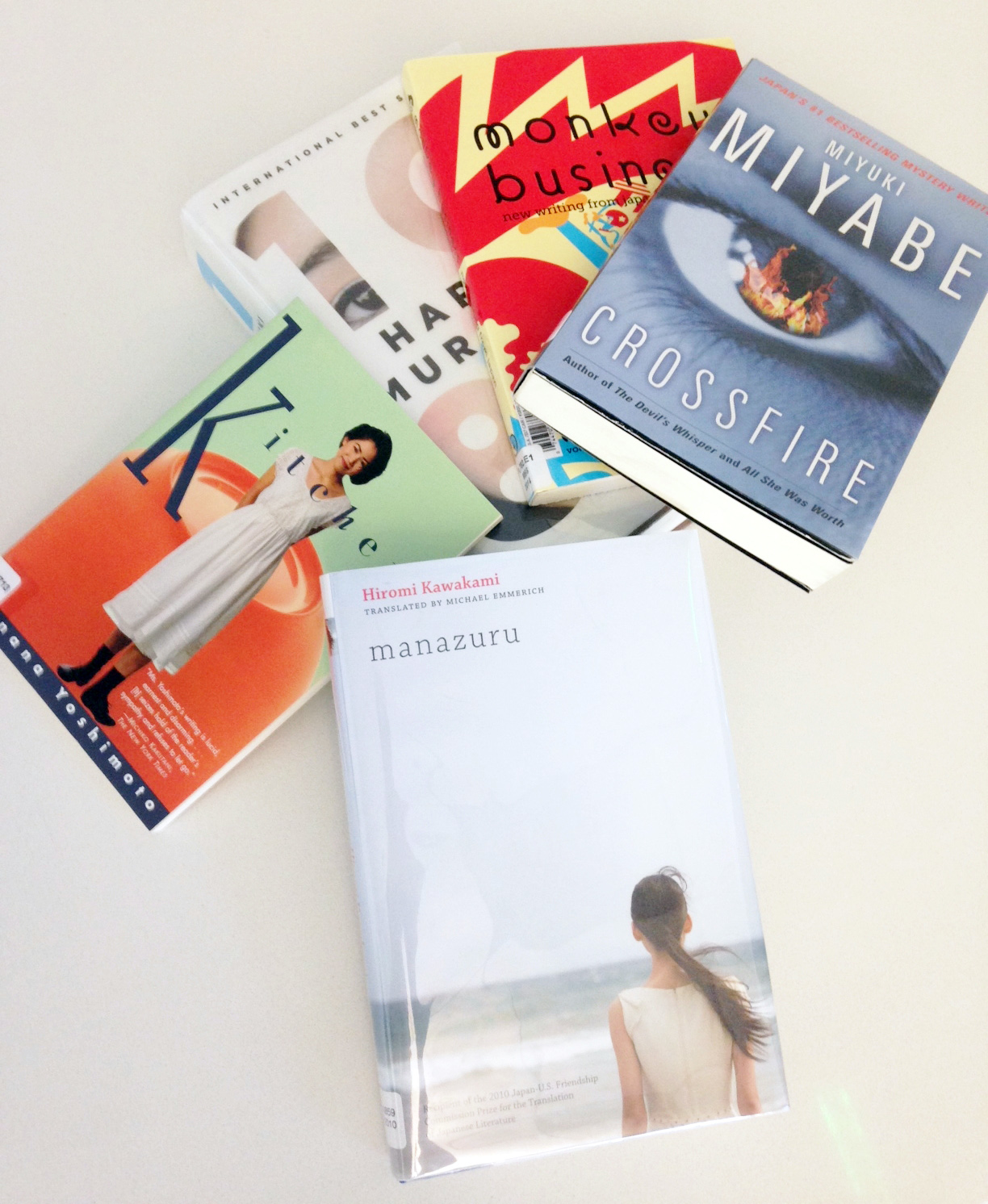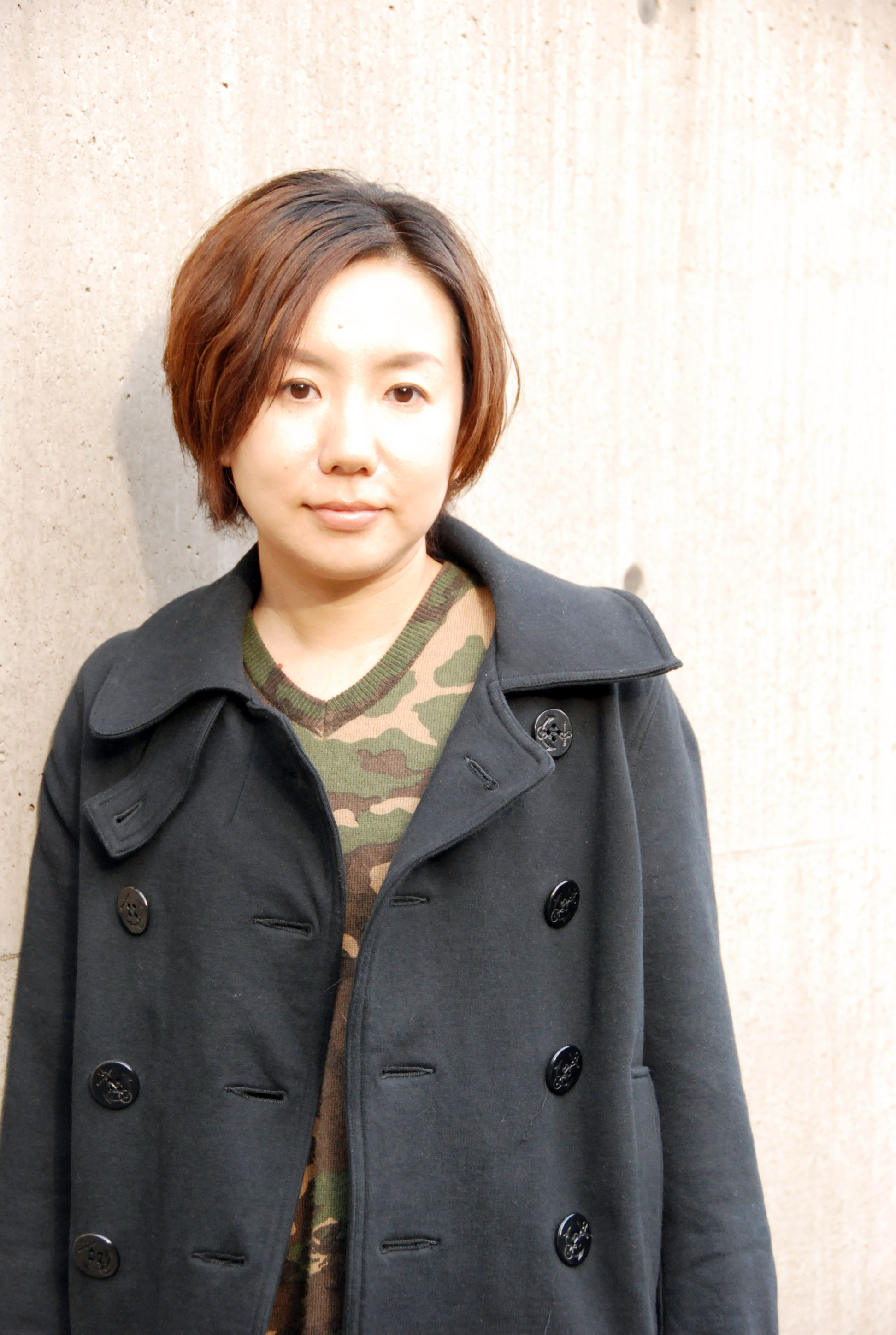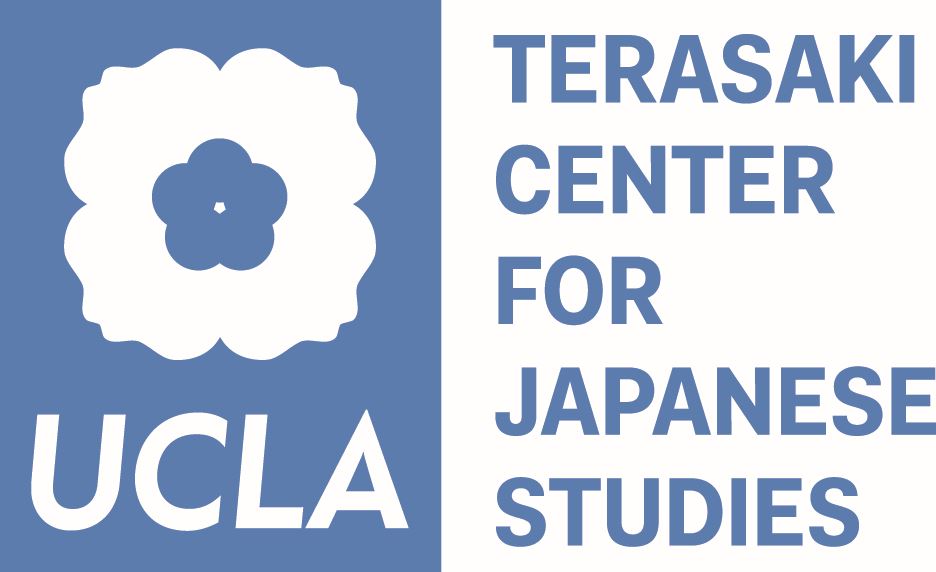

Japanese Literature in this Decade:
How a Smaller World Leads to More Literature We Can All Enjoy

Date:
Wednesday, March 4, 7PM
Venue:
The Japan Foundation, Los Angeles
(5700 Wilshire Blvd. # 100, Los Angeles, CA 90036)
Admission: Free
In this age of instant access to content via the internet, Japanese literature has become easier than ever to enjoy. While in the past it was often said that Japanese authors existed in a kind of bubble cut off from the rest of the world, presumably due to the fact that relatively few Japanese novels were translated into other languages, Japanese literature has enjoyed a wider readership in recent years thanks in special part to internationally successful writers such as Haruki Murakami.
Literary expert and translator Motoyuki Shibata's Monkey Business, an annual literary journal available in both Japanese and English which features the writings of modern Japanese authors as well as British and American authors, has contributed to this spread and increasing popularity of Japanese literature across borders. On March 4th, Motoyuki Shibata and acclaimed Japanese author Tomoka Shibasaki will discuss many topics surrounding modern Japanese literature.
The evening will also include a reading by Tomoka Shibasaki from her work.
Lecturers: Motoyuki Shibata, Tomoka Shibasaki
 Motoyuki Shibata is a gifted author, translator, and American literature and literary translation professor at the University of Tokyo who has been building literary bridges for years now through his annual literary journal Monkey Business, a journal available in both Japanese and English which focuses on Japanese writing today but also solicits contributions from American and British writers. In addition to numerous books of essays, he has published translations of works by Paul Auster, Rebecca Brown, Stuart Dybek, Kelly Link, Steven Millhauser, Richard Powers, Thomas Pynchon, Charles Simic, Mark Twain, Steve Erickson, and others.
Motoyuki Shibata is a gifted author, translator, and American literature and literary translation professor at the University of Tokyo who has been building literary bridges for years now through his annual literary journal Monkey Business, a journal available in both Japanese and English which focuses on Japanese writing today but also solicits contributions from American and British writers. In addition to numerous books of essays, he has published translations of works by Paul Auster, Rebecca Brown, Stuart Dybek, Kelly Link, Steven Millhauser, Richard Powers, Thomas Pynchon, Charles Simic, Mark Twain, Steve Erickson, and others.
Illustration by Satomi Shimabukuro

Tomoka Shibasaki was born in Osaka and began writing fiction while still in high school. After graduating from university, she took an office job but continued writing, managing to get onto the shortlist for the Bungei Prize in 1998. Publication in a magazine of her short story Reddo, Iero, Orenji, Buru (Red, Yellow, Orange, Blue) the following year marked her debut in print. Her first book, Kyo no dekigoto (A Day on the Planet, 2000), was turned into a hit movie, thrusting her into the limelight as an author. She is known for novels and stories that capture the sensibilities of young women living in cities. Winner of the Oda Sakunosuke Prize and the Noma New Writers' Award among others, she is the recipient of the 2014 Akutagawa Prize, the most prestigious literary award in Japan. Her books include Asleep or Awake (2010), Viridian (2011), and In the City Where I Was Not (2012).
This event is co-organized by:
